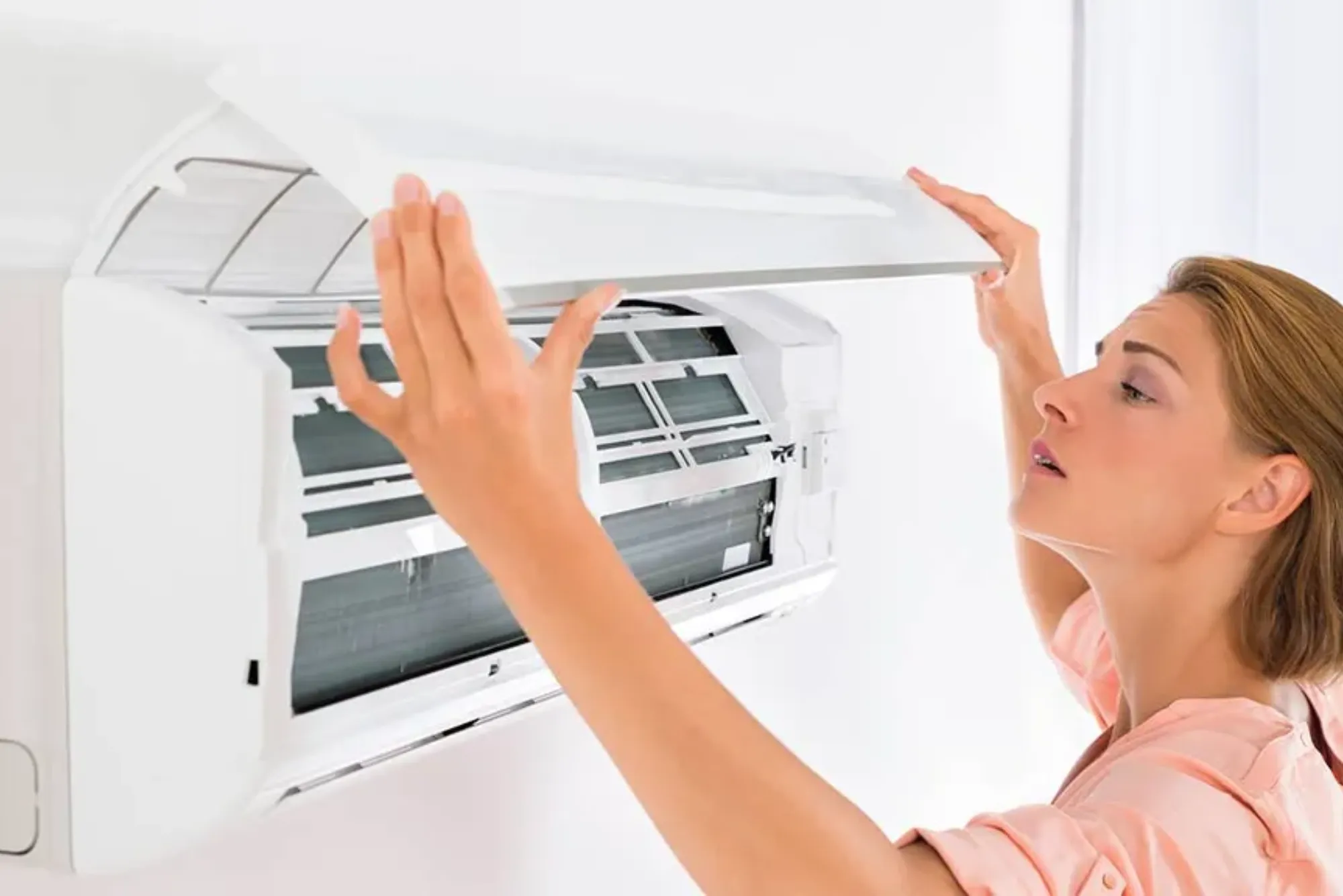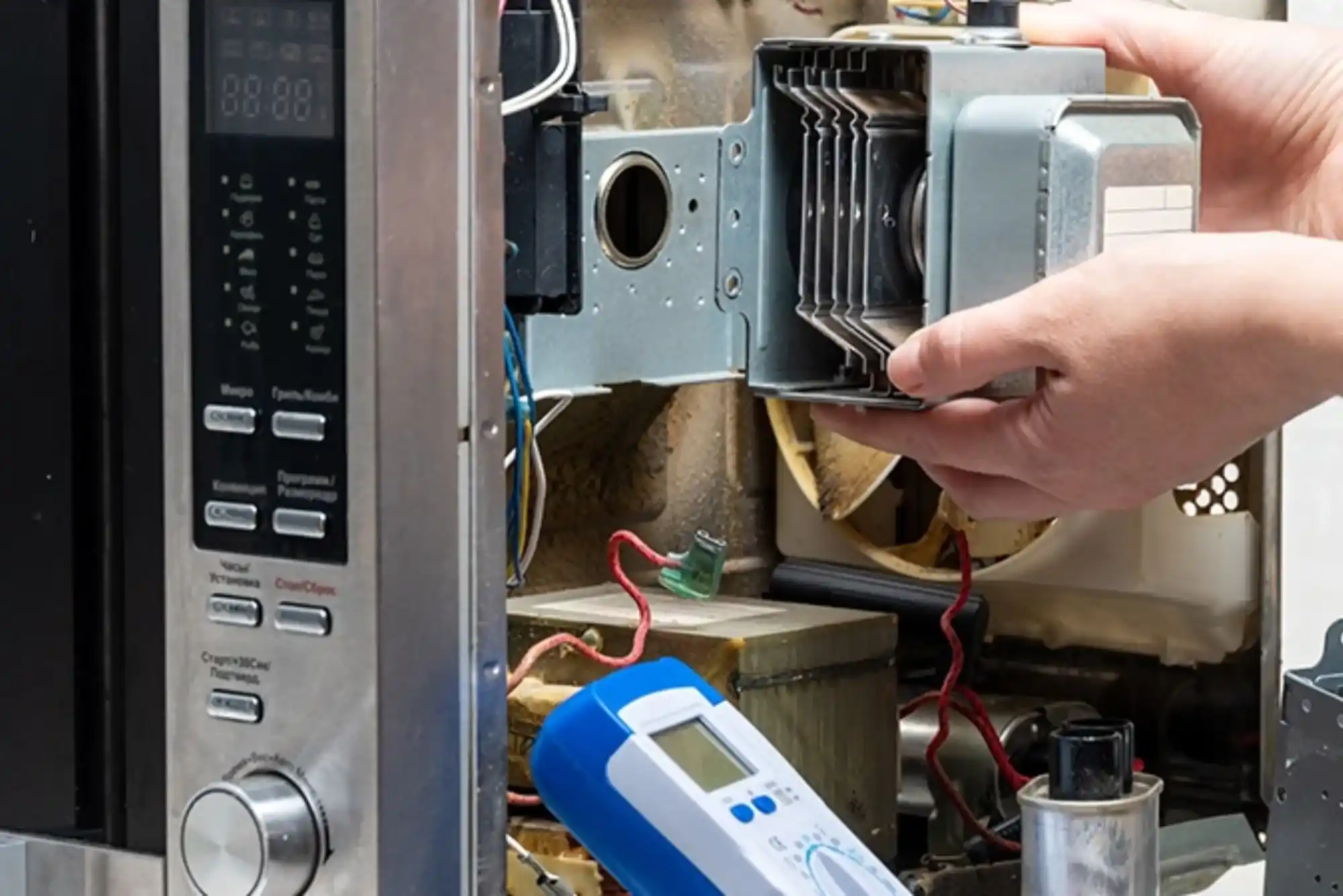If you’re living in Dubai or planning to move there, chances are you’ve already encountered the luxurious and wellness-focused lifestyle this city promotes. Among its many indulgences, Home Massage Dubai services have become increasingly popular, offering residents the comfort and relaxation of a spa experience right in their living rooms. But with convenience comes responsibility—particularly when it comes to legality.
Many residents wonder: Is it legal to offer or receive home massage services in Dubai? And if so, what are the legal requirements? Having worked closely with wellness professionals and legal consultants in the region, I can tell you that understanding the legal framework around home massages isn’t just important—it’s essential.
Let’s explore what every individual and business should know before stepping into this space.
Understanding the Regulatory Environment in Dubai
Dubai operates under a structured and well-monitored system when it comes to personal care services. This includes spa centers, massage parlors, and now, more prominently, Home Massage Dubai services.
The key regulatory bodies involved are the Dubai Health Authority (DHA) and the Dubai Economic Department (DED). These authorities ensure that all wellness services provided to the public, including massages, meet strict health, safety, and professional standards. This regulation protects both the service provider and the customer from fraud, misconduct, or any practices that may be considered inappropriate or illegal.
For massage therapists, whether operating in a spa or offering home services, a DHA license is non-negotiable. Without this license, practicing massage therapy in Dubai is illegal.
DHA Licensing: The Foundation of Legal Practice
A DHA license is the gold standard in confirming the qualifications of a massage therapist. To qualify for a license, the therapist must meet a list of requirements that include:
-
A recognized diploma or certification in massage therapy from a reputable institution.
-
Relevant work experience, often requiring proof of at least two years in the field.
-
A clean medical record and background check.
-
Passing the required DHA examination to validate skills and knowledge.
Only after fulfilling these conditions can an individual legally provide massage services—whether in a commercial spa or at someone’s residence.
This regulation also applies to businesses hiring therapists for Home Massage Dubai offerings. If a company is sending therapists to clients’ homes, they are responsible for ensuring every therapist is properly licensed and trained.
Business Licensing and Approvals
Aside from individual licensing, there’s another layer of legality—business registration and permits. Companies offering Home Massage Dubai services must be registered with the DED under the appropriate business activity code. In many cases, this requires setting up the business in a free zone or mainland area, depending on the target clientele and business model.
Some key legal checkpoints for massage businesses include:
-
Having a physical office or operational base (even if services are rendered at home).
-
Securing DED approval for business activity.
-
Adhering to zoning rules if operating within residential buildings.
-
Ensuring employees’ visas and work permits are aligned with massage-related activities.
It’s important to note that even online-based businesses—those accepting bookings via apps or websites—must be properly licensed. The UAE has taken strict action in recent years against unlicensed operators, including fines, business shutdowns, and even deportations in serious cases.
Privacy and Cultural Sensitivity
Dubai is a multicultural hub, but it still operates within the framework of Islamic values. This cultural backdrop plays a critical role in how massage services are perceived and regulated.
Authorities maintain strict boundaries to ensure massage therapy remains a therapeutic and professional service. This means that Home Massage Dubai businesses must train their staff not only in technique but also in cultural sensitivity, privacy, and appropriate client interaction.
Male-to-female or female-to-male massage sessions can raise red flags if not handled correctly. Many companies mitigate risk by offering same-gender-only services, unless explicitly requested otherwise by the client, and even then, policies should comply with legal and moral guidelines.
Clients, too, should be aware of these cultural standards. Hiring unlicensed therapists or requesting services that fall outside the legal or ethical bounds can lead to legal consequences, including arrest or fines.
Advertisement and Online Listings
An important yet overlooked area of regulation involves advertising. With many Home Massage Dubai services promoting their offerings on social media or aggregator platforms, compliance becomes key.
All marketing materials must clearly state:
-
That the service is professional and therapeutic.
-
The licensing information of the therapist or company.
-
The scope of services being offered (e.g., Swedish massage, deep tissue, sports therapy).
Avoiding vague or suggestive language is crucial. The authorities in Dubai actively monitor these platforms and have zero tolerance for any marketing that implies illicit services. Licensed businesses can be penalized if their advertising violates these rules—even unintentionally.
Insurance and Liability
Although not always legally mandated, having professional liability insurance is a smart move for massage therapists and companies alike. Home environments present unpredictable risks—from slipping on wet floors to pre-existing client health conditions.
A good insurance policy will cover:
-
Personal injury claims.
-
Equipment damage.
-
Claims of professional misconduct or malpractice.
Clients seeking Home Massage Dubai services should always ask whether the therapist or company carries liability insurance. It’s a basic but critical question that reflects professionalism and protects both parties.
Mobile App-Based Services: A Growing Market with Legal Oversight
With the rise of apps and online marketplaces, home-based wellness services are booming. Apps dedicated to Home Massage Dubai bookings now dominate the market, offering users the ability to schedule sessions with a few taps.
However, not all app-based services are legally compliant. The UAE’s Telecommunications and Digital Government Regulatory Authority (TDRA) and the DED monitor these apps to ensure they meet national standards.
App owners must:
-
Ensure all listed therapists are licensed.
-
Register the platform as a legal business entity.
-
Provide clear terms and conditions, especially related to refunds, privacy, and service boundaries.
Consumers should be cautious when booking via lesser-known apps. Always verify licensing and look for reviews from trusted sources.
Penalties for Non-Compliance
Operating outside legal boundaries isn’t worth the risk. The UAE has strict penalties for unlicensed massage services or misconduct, including:
-
Fines ranging from AED 5,000 to AED 50,000.
-
Business closure and license revocation.
-
Deportation for non-citizen offenders.
-
Legal charges for misconduct or operating a business without proper registration.
Even clients can be held accountable if they knowingly hire unlicensed practitioners, particularly if the service offered is considered inappropriate or illegal.
Final Thoughts: Choose Legally, Choose Safely
Navigating the legal framework for Home Massage Dubai services may seem daunting, but it’s essential for both service providers and clients. The licensing processes, business regulations, and cultural considerations all exist to ensure that massage therapy remains a beneficial, therapeutic, and professional service.
Whether you’re a wellness professional planning to launch a home-based massage service or a resident simply looking to book a session, taking the time to understand these legal requirements will protect you in the long run.
As someone who has worked closely with licensed massage therapists in Dubai, I’ve seen firsthand the difference between legitimate services and questionable ones. The peace of mind that comes from hiring a trained, certified, and legally-compliant therapist cannot be overstated.
The next time you’re browsing for Home Massage Dubai services, remember to check for DHA licenses, DED registrations, and professionalism from start to finish. Your well-being—and legal safety—depends on it.
















